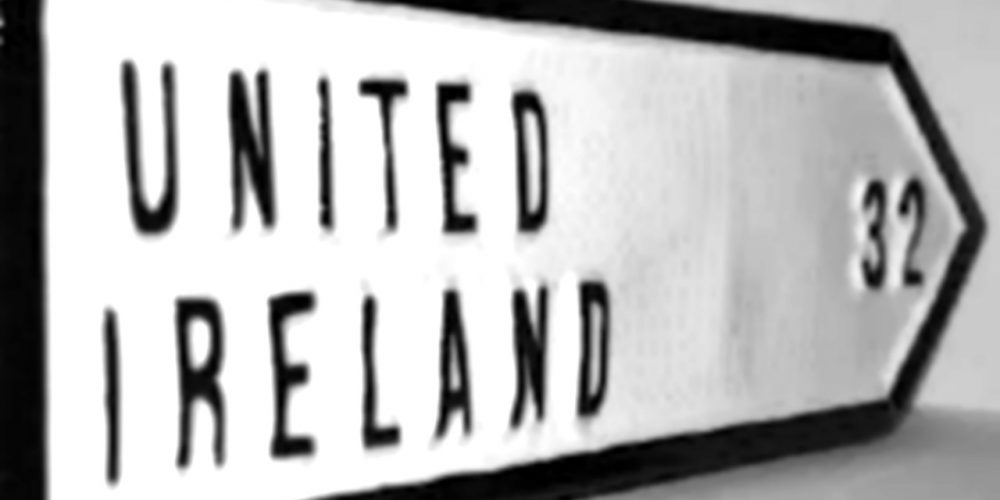Five years after the Brexit referendum, its effects on the relationships between the Irish state, Britain and the European Union continue to evolve.
As a direct result of Brexit, the issue of Irish reunification has become “respectable” and is no longer confined to Republicans and the Communist Party. However, others who long proclaimed their belief in a united Ireland have begun to make their support for unity conditional.
A number of former members of the CPI, based around the newspaper Unity, fall into this category. They claim to support unity, but only when a majority of the unionist population support it, and when Ireland leaves the EU.
On 17 June the CPI restated its position that it was time for the British government to declare its intention to withdraw from Ireland in an orderly fashion. This elicited a response in Unity to the effect that “[those] demanding the British government unilaterally withdraw from the North are on a road to nowhere.”[1]
A fine sentiment; but who exactly is demanding a unilateral withdrawal? The writer was setting up an Aunt Sally to give political cover to his pro-imperialist views. The group’s support for a unionist veto was made clear in a letter published in the Morning Star (London) on 12 June by Ernest Walker in which he stated that “until a significant number of unionists/loyalists see their future in a united Ireland, something not on the cards at the moment, a border poll now . . . will just be a sectarian headcount.”
This ignores the fact that Ireland was partitioned on the basis of a sectarian headcount, and suggests that even if a majority vote in favour of unification, unless a majority of the unionist community agree the vote is void.
Joe Bowers was more explicit when, in an article headed “Trapped in history,” he rejected the idea that 51 per cent in favour of reunification is enough.[2] When he was in the CPI, Joe supported Brexit and correctly rejected the argument of pro-EU political forces in Britain that a 51.9 per cent vote in favour of Brexit was not enough. But when it comes to Irish unity, Joe demands a weighted voting system!
Despite his claim to support Irish independence, there is more than a hint of condescension in Joe’s attitude to the Republic. He says the Republic embraces the EU like an “obsequious child.” The Irish ruling class accepts its dependent position vis-à-vis EU, British and US imperialism; and while there is a general acceptance of EU membership, anti-EU sentiment is growing.
Joe seems unaware of the widespread opposition, led in part by the CPI, to the EU debt imposed on the Irish state. More importantly, the Republic can leave the EU by means of a referendum. British imperialism has had to be forced out of each of its former colonies.
The arguments being put forward by the Unity grouping are aimed at thwarting a border poll because, in the event of a referendum, they will have to get off the fence. If they oppose reunification they will jettison any pretence of supporting Irish unity and independence. To support it means campaigning for unity and independence within the labour movement.
Joe closes his article by stating that labour must not wait again. I agree, and the way to ensure that the interests of the Irish working class, north and south, are central to a campaign for Irish unity is to campaign within the labour movement, north and south, for national unity, independence, and socialism.
Campaigning for an all-Ireland free and universal public health system is an issue that can unite workers, north and south. That is the role of a communist vanguard.
- Unity, vol. 33, no. 24.
- Unity, vol. 33, no. 25.






